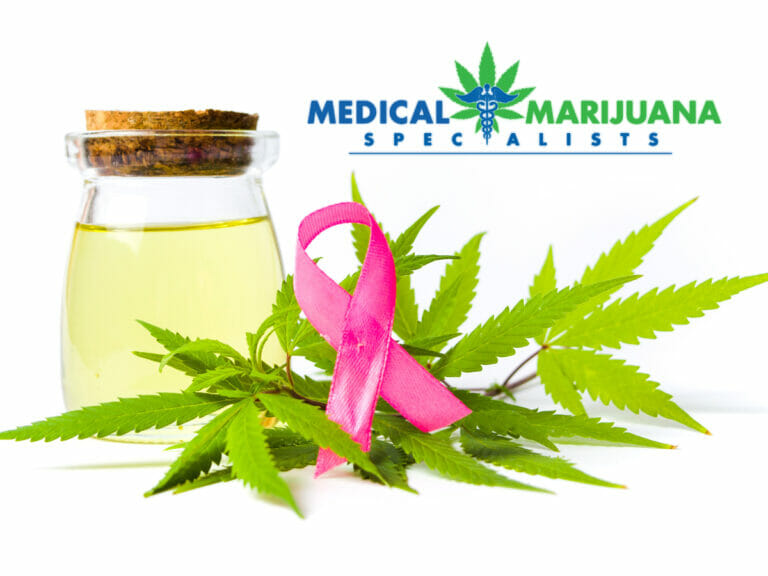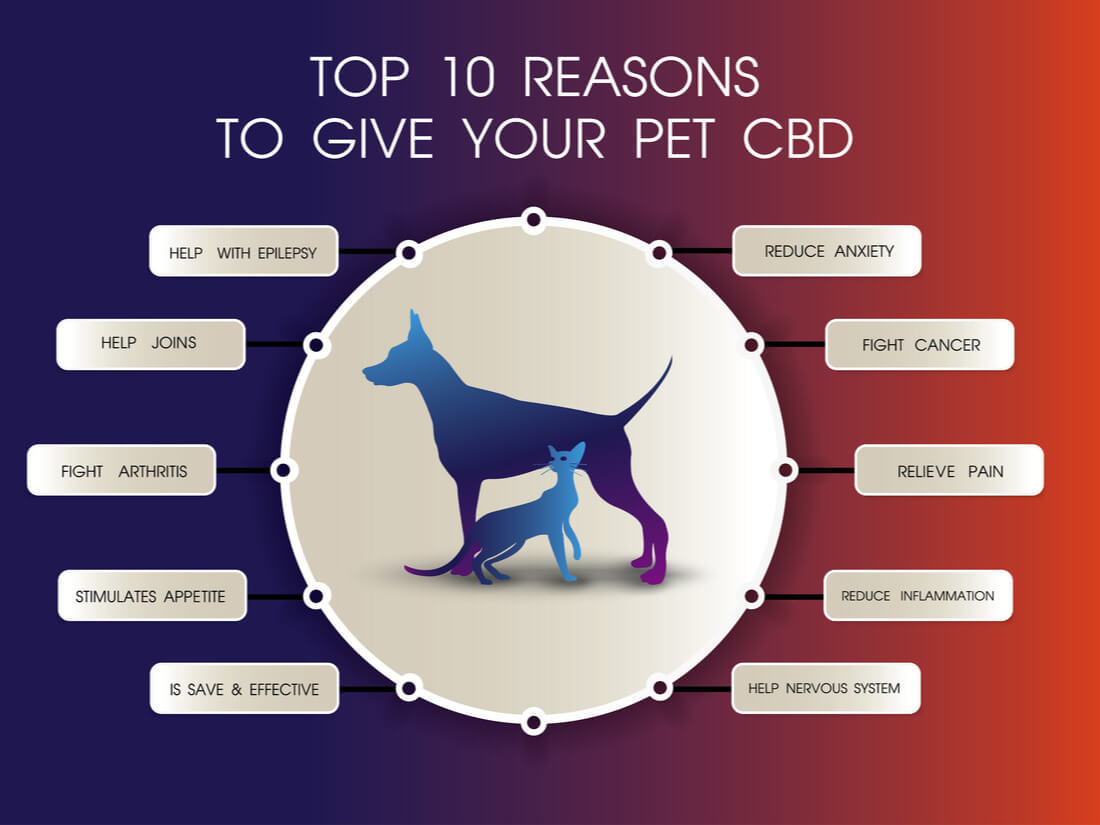In 1996, California became the first state in the United States to legalize cannabis for medical use. This sparked a trend that led most states in the country to legalize medical marijuana by the year 2016.
People across the US use medical marijuana for a wide variety of conditions and symptoms including pain, muscle tension, insomnia, and more.
In the last few decades, there has been an increasing amount of discussion about marijuana and cancer. There is evidence to suggest that cannabis can help relieve cancer symptoms and cancer treatment symptoms. On top of that, some studies have found that cannabinoids might be able to slow the growth of tumor cells and even kill them.
Are you wondering what the main benefits of medical marijuana for cancer are? Let’s take a look at what you need to know.
What Is Medical Marijuana?
Marijuana is a plant that contains cannabinoids, which are active compounds that can produce drug-like effects. Researchers don’t even know exactly how many cannabinoids there are in cannabis, but some reports claim that there are dozens if not more than one hundred. However, many of these cannabinoids appear in very small amounts.
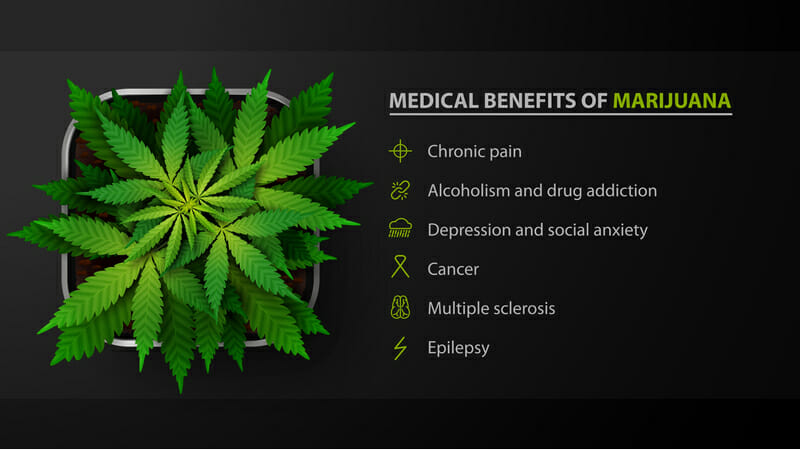
The two most prevalent cannabinoids in marijuana are THC and CBD. THC is responsible for the “high” that is associated with cannabis and is also thought to have potential medical benefits. CBD isn’t mind-altering, but studies have found that it can help with a number of conditions including anxiety, pain, and inflammation.
As of May 2021, there are 36 states in the United States that have legalized marijuana for medicinal use. On top of that, the District of Columbia and four out of five of the permanently inhabited U.S. territories have legalized medical cannabis.
In different states, there are different qualifying conditions that doctors are allowed to recommend medical cannabis as a treatment for. It is approved in all states where it’s legal to treat:
- Cancer
- Epilepsy
- HIV/AIDs
- Multiple sclerosis
- Seizures
Other conditions qualify for medical marijuana in some states but not others, including:
- Alzheimer’s disease
- Autism
- Crohn’s disease
- Parkinson’s disease
- PTSD
- Wasting syndrome
You’ll want to look into the qualifications in your state to determine if you’re eligible for cannabis treatments.
What Is the Difference Between Marijuana and CBD?
It can be a bit confusing to understand how CBD and cannabis are related and how they are different. Basically, the plant known as marijuana or cannabis contains tons of cannabinoids, two of which are THC and CBD. Both of them are thought to have medical benefits, and different strains of marijuana will have varying potencies of both cannabinoids.
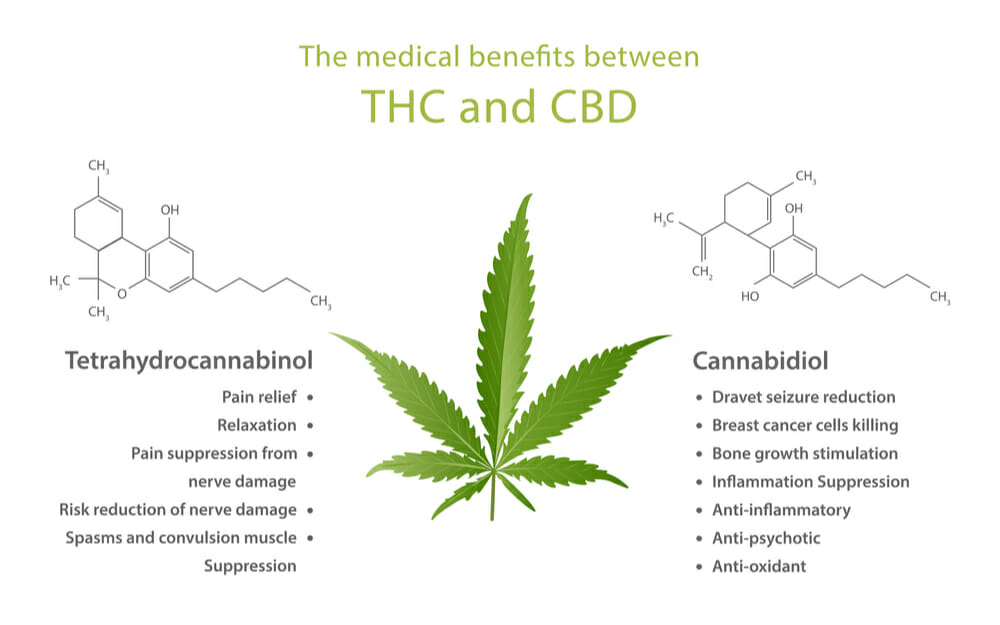
CBD has exploded onto the market and into our consciousness in the US in the last few years. This occurred because of the passage of the 2018 Farm Bill which legalized cultivating and selling industrial hemp federally. Industrial hemp is simply cannabis that has a low THC content below a certain percentage.
This means that CBD products have popped up all across the country, boasting some of the benefits of cannabis without the high. There is still a lot more research that can be done about both THC and CBD and how they relate to our health and well-being. That being said, there is a lot of optimism about the potential uses for both of these cannabinoids.
Medical Marijuana for Cancer: How Cannabis Can Help
Cannabis has been used for medicinal purposes for thousands of years in cultures where the plant natively grows. Its anti-inflammatory, sedative, hallucinogenic, analgesic, and hypnotic effects made it a popular folk remedy, and it is still widely used around the world despite legislation against it in many places.
Pain
Some studies have found that cancer-related pain can be eased by smoking medical marijuana. It is able to affect sensations of pain because it binds to cannabinoid receptors in the brain and throughout the body. Cannabis can also help to reduce inflammation which in itself can reduce pain.
Wondering what the best strain for pain is? Check out the best strains for pain.
Nausea and Vomiting
There have been a number of studies that suggest that smoking marijuana can reduce the negative side effects that result from chemotherapy. At this point, there are some man-made cannabinoids that have been approved by the FDA to help treat nausea symptoms when other medications are ineffective.
Nerve Pain
Nerve damage can cause numbness, weakness, or pain known as neuropathy. Cancer treatments including chemotherapy can lead to neuropathy. There have been a few studies so far that suggest that this specific type of nerve pain can be helped by smoking cannabis.
Weight Loss and Appetite
Cancer treatment can affect a person’s appetite and lead to unhealthy weight loss. Cannabis is known to help stimulate the appetite, so it is sometimes used to help deal with these side effects during treatment. There is an FDA-approved synthetic cannabinoid called dronabinol that is approved for appetite loss for AIDs patients but not specifically for cancer patients.
Other uses for medical marijuana include improved sleep quality and anxiety relief. There is also some evidence to suggest that it might slow the growth of tumors and kill tumor cells.
What Are the Potential Side Effects of Medical Cannabis?
Different people respond differently to cannabis. This means that one person might experience some negative side effects while someone else might not at all.
There are a number of factors that can impact how someone reacts to cannabis, including:
- Age, gender, and weight
- Tolerance
- Potency, dosage, and strain type
- Method of consumption
Some of the negative side effects that can result from using cannabis include:
- Dizziness
- Low blood pressure
- Rapid heartbeat
- Bloodshot eyes
- Muscle relaxation
- Slowed food digestion
- Paranoia
Typically negative side effects appear when a person has taken a larger dose of THC or a cannabis product.
CBD and Cancer
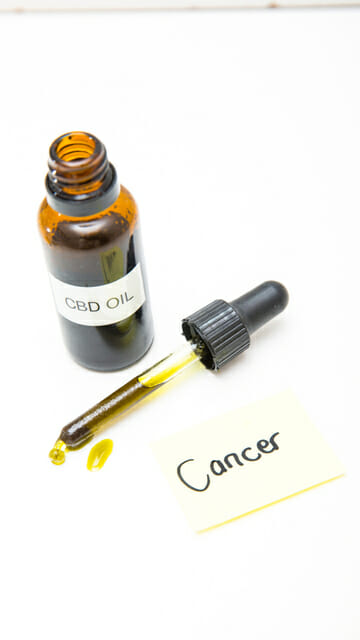
While there is more research to be done in the world of CBD and cannabis at large, there is some solid evidence resulting from animal studies that cannabinoids can reduce tumor growth in animals. It is also thought that CBD might be able to increase the potency or enhance the uptake of some cancer treatment drugs.
Let’s take a look at some of the research on possible CBD treatments for cancer and its symptoms:
- A 2019 review of pancreatic cancer studies found cannabinoids can reduce tumor invasion slow tumor growth, and kill tumor cells
- A 2014 review found that cannabinoids could be helpful in the treatment of gliomas, a type of brain tumor
- A 2019 study suggests that CBD could make glioblastoma cells more radiation-sensitive without affecting healthy cells in addition to provoking tumor death
- A long term study that found cannabis use is inversely correlated with the risk of bladder cancer
- 2010 research that found CBD effective in preclinical models of metastatic breast cancer
There are a number of questions left to be answered about the potential of CBD as a cancer treatment. That being said, there has been promising evidence emerging from studies so far about CBD as an anti-cancer drug.
Medical Cannabis Tips For Beginners
If you’re wondering what to expect or how to begin when it comes to using cannabis for cancer, you’re not alone. Here are some helpful tips so you can experiment with this treatment method in a safe and productive way.
Go For the Whole Plant
While THC and CBD definitely get the most attention out of all the cannabinoids, they don’t exist in a vacuum. There are a lot of other cannabinoids, flavonoids, and terpenes in cannabis that might also have benefits. It’s also thought that cannabinoids work together to create more than the sum of their parts in ‘the entourage effect.’
Consider It As an Add-On
It’s important to understand that the field of cannabis research is still quite young. Many of the studies conducted have been animal studies, meaning that we don’t have as good of a sense of how effective cannabis is for cancer as we’d like to.
That being said, there is certainly optimism around this plant medicine and lots of anecdotal reports of cannabis easing cancer symptoms.
For these reasons, it might make sense to consider cannabis as an add-on to your treatment rather than a replacement.
Expect Some Trial and Error
There are so many different strains available these days that it can take a while to figure out what works for you. On top of that, you also will have to learn which dosage is best.
Start Slowly

When you’re just starting out, it’s a good idea to go slow. If you’re vaping cannabis, try just one puff of a low-THC flower and see how you feel after 20 minutes before continuing.
If you’ve chosen an edible option, start with a dose no higher than 2-2.5 mg of THC. Before using more, wait at least two hours to feel its effects.
Do Your Research
It’s a good idea to get a sense of the basics before you head to your local dispensary. There are a number of reputable and trustworthy sites online where you can find information about all things cannabis. You’ll also want to look into the specific laws around cannabis in your state.
Choose a High-Quality Dispensary
If medical marijuana has recently been legalized in your state, you’ve probably noticed dispensaries starting to pop up in town. Not all dispensaries are created equal, as some employ pharmacists and well-trained professionals with knowledge of health care. In other dispensaries, you might find that the employees aren’t very knowledgeable about the products at all.
Finding a good dispensary means having an invaluable resource. When the staff is well-versed in using cannabis for cancer, they will be able to help guide you in your choices. This means that you can find the right strain and dosage for you with less trial and error.
Many Patients Prefer Vaping
When you’re using medical cannabis for cancer, chances are you want to feel relief from your symptoms right away. Vaping and smoking are the quickest way to deliver it, but many doctors feel that vaping is a healthier alternative to smoking.
You should be able to feel results in just five to ten minutes through this method. Another quick method is using tinctures that you take sublingually. When you use edibles, it can take 40 to 60 minutes or even longer to start to feel the effects, which makes them better for insomnia or breakthrough pain.
What Are the Qualifying Conditions in Pennsylvania?
There are 23 eligible conditions for medical marijuana in Pennsylvania.
They are:
- Anxiety disorders
- ALS
- Crohn’s disease
- Cancer
- Autism
- Damage to spinal cord nervous tissue
- Glaucoma
- Epilepsy
- Huntington’s disease
- HIV/AIDS
- IBS
- Multiple sclerosis
- Intractable seizures
- Neuropathies
- Neurodegenerative disorders
- Opioid use disorder
- Post-traumatic stress disorder
- Parkinson’s disease
- Severe, chronic, or intractable pain of neuropathic origin or that doesn’t get better with conventional treatment
- Tourette syndrome
- Terminal illness
- Sickle cell anemia
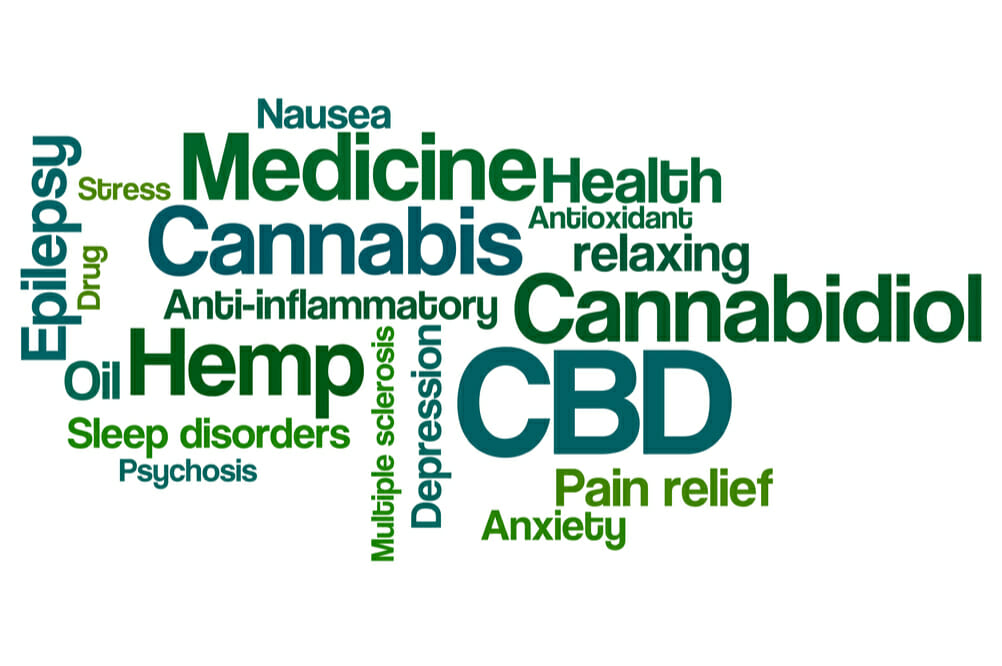
Each state has its own laws regarding which conditions qualify a patient for medical marijuana use.
Are You Ready to Certify For Medical Marijuana in Pennsylvania?
As you can see, there is promising evidence in the world of marijuana and cancer. That being said, there will hopefully be many more studies conducted in the near future. The more information we have about using cannabis for cancer, the better patients can get the treatment they need to live their best and most comfortable life.
If you believe that medical marijuana could help to relieve your cancer symptoms or those of another disorder, you can get certified by Medical Marijuana Specialists. With telehealth available seven days a week between 9 am and 9 pm, all residents of Pennsylvania can use this method to get certified.
Our medical marijuana doctors and nurses have made education, research, and application of medical marijuana their life’s mission.Are you ready to certify? If so, click here to contact us!

